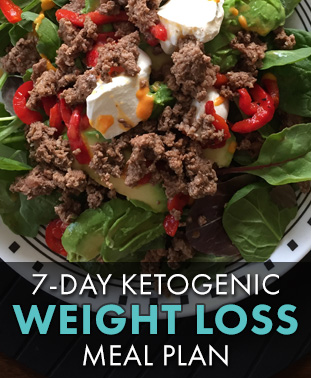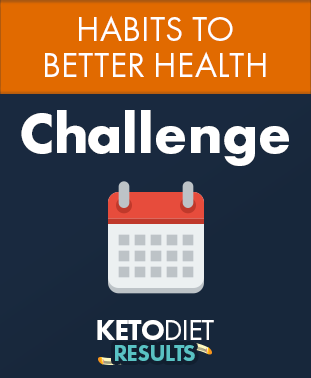This post is part of a series where I test my glucose response 1-hour & 2-hours after eating. I standardize the results as much as possible with the following rules:
✅ Measure baseline glucose between 10 AM – 12 PM
✅ No food for 12+ hours before the test
✅ Allowed to drink 1 coffee & ~30 oz. of water
✅ Eat 300 calories of one whole food
✅ Measure blood sugar after 1-hour
✅ Measure blood sugar after 2-hour
In the future I plan to vary the tests by eating meals or combining foods.
Click here to see all glucose tests, and read this article for my results!
If there was ever a “perfect” food, it’s the humble egg.
Eggs are what I consider to be a balanced meal, with roughly 5-6 grams each of fat and protein with very little carb.
They are one of the cheapest sources of animal protein present in both the egg white and yolk, while most of the vitamins and minerals are within the egg yolk. In fact, an egg contains all vitamins except vitamin C.
To learn more about eggs, check out this great article from the National Institute of Health.
Your body more easily digests the protein in cooked egg whites. However, too much heat can degrade the nutritional benefits of egg yolks.
That’s why I believe the best preparation for eggs is soft boiled or sunny side up.
My new favorite method of cooking eggs is dropping them into a hot pan with a little butter, immediately putting on the lid, and reducing the heat to low until the whites are mostly cooked through, but the top of the yolks are still yellow.
If you prefer scrambled eggs, watch my perfect way to cook an omelette (which I learned from an old Julia Child’s video).
I’m eating 4 whole eggs for today’s test and cooking them sunny side up, but omitting the butter. This would normally result in a mess, but thank god for my new set of non-stick pans that I got as a gift last Christmas!
Below is the macronutrient breakdown for this test.
Nutrition Facts
1 servings per container
Serving Size200g
- Amount Per ServingCalories286
- % Daily Value *
- Total Fat
19g
30%
- Saturated Fat 6g 30%
- Total Carbohydrate
1g
1%
- Dietary Fiber 0g 0%
- Sugars 1g
- Protein 25g 50%
* The % Daily Value tells you how much a nutrient in a serving of food contributes to a daily diet. 2,000 calories a day is used for general nutrition advice.
After restarting my glucose tests last week with Kefir, I was glad to see this week’s baseline measurement was lower at 85 mg/dL. Now that I think about it, I remember doing work on the computer that morning where I got frustrated, and perhaps that accounted for a little spike in my blood sugar.
Out of all the blood sugar experiments so far, eggs represented the highest amount of protein that I’ve had during these tests, at 25 grams. The previous high was 20 grams with black beans, except they carried a much higher carbohydrate load of 54 grams with 20 grams of fiber and almost no fat.
Not surprisingly, eggs didn’t significantly affect my glucose levels, with a modest 15% increase after 1-hour and almost returning to my baseline level after 2-hours.
For years, we were conned into thinking eggs were dangerous because of the cholesterol, but I think we can now dismiss that argument.
Eat eggs freely for a nutritional powerhouse of a food!
Here are the results:
- Date: 3/23/2021
- Food: Eggs
- Fast: ~14 hours
- Base Blood Sugar: 85 mg/dL
- 1-Hour Response: 98 mg/dL
- 2-Hour Response: 88 mg/dL
FREE 7-Day Keto Meal Plan!
Start the keto diet with your first week planned, including a shopping list and all nutrition information.
 Download Now
Download Now


